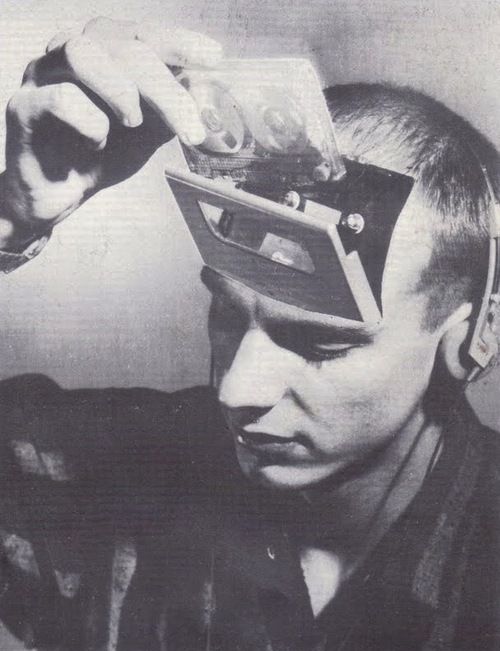While lessons can be learned from utilitarian philosophy, taken as a whole it seems to run counter to human nature, holding that we can constantly view the world with clinical, calculated precision. That’s just not so.
Moral philosopher Peter Singer believes utilitarianism should be applied by those considering working in the Trump Administration. He suggests that if you feel you can mitigate the considerable pain about to be administered to our most vulnerable, take the job, but also be prepared to resign if you’re forced to contribute to evil.
That might work on paper but not so much in real life, and not just for pragmatic concerns like someone being unable to quit a position because they need to care for their family. If you’re on the inside of Team Trump, you will in some way casue harm. Even if you believe another would be doing more damage, there’s no way to know how your small efforts to protect will be used to do a much greater bad a few steps down the line.
In her New York Review of Books essay “Trump: The Choice We Face,” Masha Gessen reflects on the thorny compromise of Jewish Councils during the age of Nazism, concluding that “we need to shift from realist to moral reasoning.” That seems a more apt and human response to our moment.
In a wonderful Five Books interview, Nigel Warburton discusses his favorite philosophy titles from 2016, including Singer’s Ethics in the Real World. An excerpt:
Question:
Does [Singer’s] controversiality stem from his utilitarianism? Say in the article in this book, about Thabo Mbeki refusing to admit that HIV causes AIDS. He is saying, ‘OK Mbeki killed more people because of this view on HIV/AIDS than the entire apartheid regime did, so how do we compare these two?’ That’s what he is measuring up. Is that the kind of thing a utilitarian does, count up numbers of people killed?
Nigel Warburton:
There are lots of different forms of utilitarianism. The basic principle is that it focuses on the consequences of actions and not the intentions (though the intentions might have consequences as well — in terms of how other people perceive what you do if you express them, for instance).
This is a case of somebody who, without an explicit intention to bring about people’s deaths, through their actions has done so. Utilitarianism, traditionally, looks for a currency that can measure different actions through the probable consequences and plays off those different consequences. Weighing the consequences against each other is the basic benefit of utilitarianism.
You can work out the best course of action because it is the one with the best consequences, or most likely to have the best consequences. So, if you take that really seriously, if you had to choose a world without apartheid, or a world without this statement from Mbeki, the world without Mbeki would be better (in terms of lives lost), even if it had apartheid. There might be other negative consequences of apartheid, there certainly were, but just on that factor, a consequentialist approach would lead to that conclusion.
Obviously in some situations, the consequences are incredibly important. But the obsession with consequences can seem inhumane in many situations. It’s a kind of straightforward cost-benefit analysis, and when applied to people close to you, it seems incredibly cruel and lacking in compassion.
Question:
Is compassion not important then?
Nigel Warburton:
Utilitarians find a value in compassion, but they celebrate a clinical assessment of outcomes above all. I think, in a sense, that is both the strength and weakness of the approach.•


